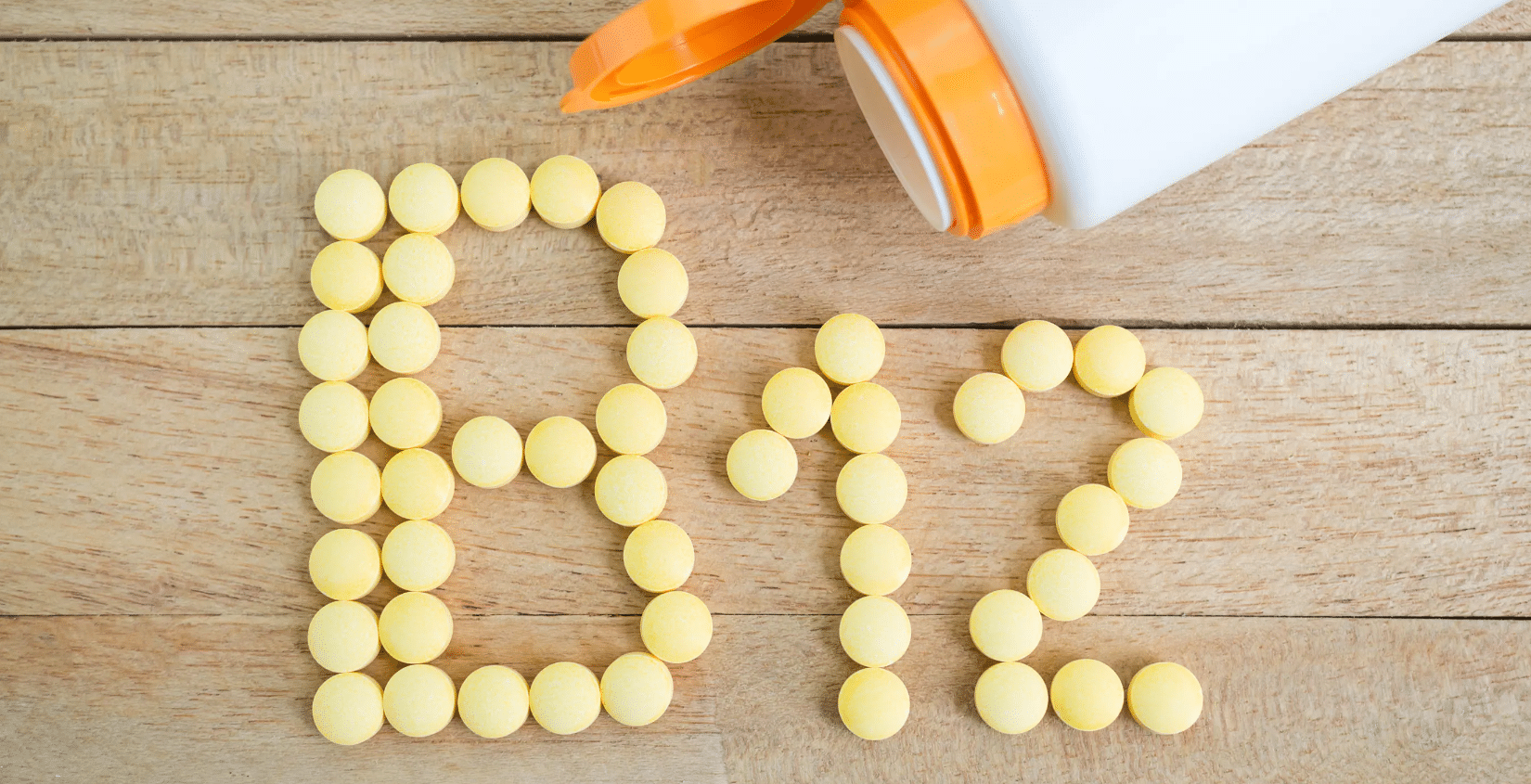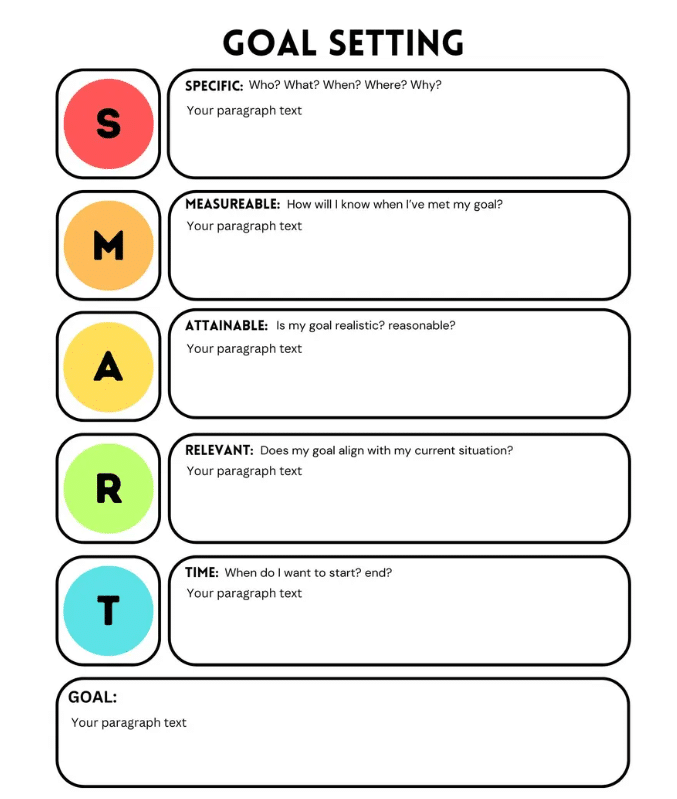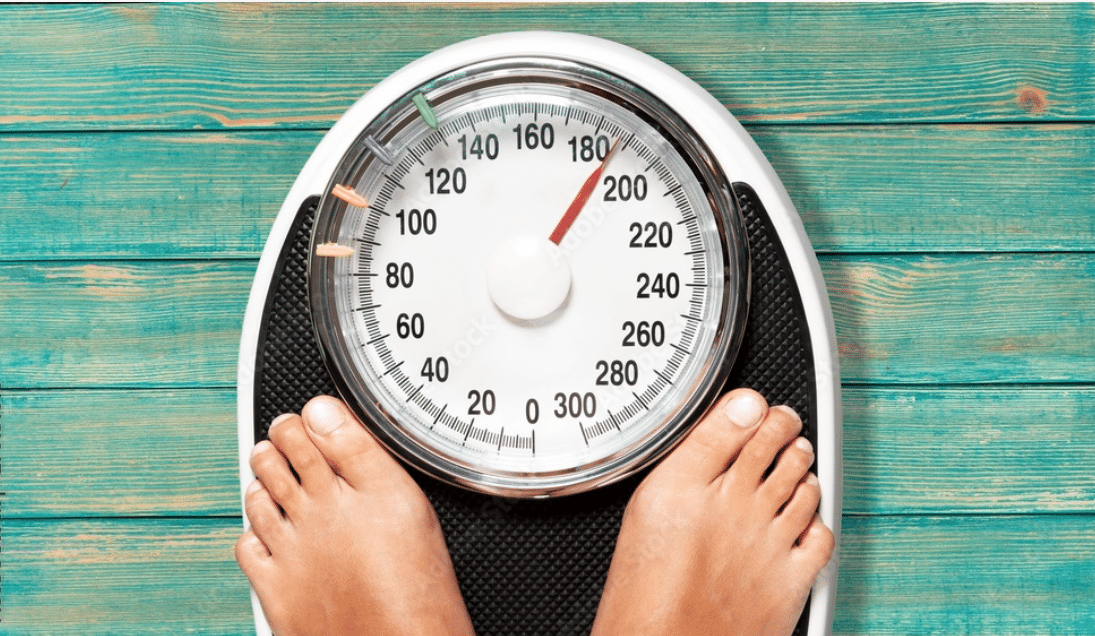Vitamin B12 supplementation is an important consideration for anyone on a plant-based diet. Bacteria make vitamin B12 and it is thought it can only be found in animal products. It turns out these days that animals people consume are given supplements of B12 so animals are not even getting it directly from the soil and bacteria.
B-12 deficiency can cause peripheral neuropathy, pernicious anemia, and physical, neurological, and psychological problems. People with alcohol use disorder, post-gastric bypass surgery, and kidney issues will need to supplement B-12 no matter what their age. People on plant-based diets should check their vitamin B12 status every year if you are not adequately supplementing.
Many doctors mistakenly rely on serum B12 levels in the blood to test for vitamin B12 deficiency. How can you determine your B12 status? By the time you’re symptomatic with B12 deficiency, it’s too late, and initially the symptoms can be so subtle you might even miss them. Levels of B12 in your blood do not always represent the levels of B12 in your cells. You can have a severe deficiency of B12 even though your blood levels are normal or even high.
Measuring methylmalonic acid levels or homocysteine directly are a more accurate reflection of vitamin B12 status. Elevated MMA is a specific marker of vitamin B12 deficiency, while homocysteine rises in both vitamin B12 and folate deficiencies. B12 deficiency is defined by an elevation in MMA levels or by elevation of homocysteine in people getting enough folate. Ideally, you’re looking for a homocysteine level in your blood down in the single digits.
At age 50, everyone should start supplementing with B12-fortified foods or supplements regardless of the type of diet they follow. Over age 65, only high-dose daily supplements may suffice. For prevention and treatment of vitamin B12 deficiency, cyanocobalamin in chewable, sublingual, or liquid forms (rather than in a multivitamin) is best. (Note that a B12 injection is not superior to taking it as a tablet for most people) The recommended dose per Dr. Greger at NutritionFacts.org for most people would be 50 mcg a day or 2000 mcg a week of cyanocobalamin (B12). If you are over the age of 65, then 1,000-a-day dose is recommended. Please refer to your own medical doctor for your specific dose based on your medical history.
Those eating plant-based who fail to supplement with B12 may increase their risk of both heart disease and stroke. There are rare cases of vitamin B12 deficiency that can’t be picked up on any test, so it’s better to just make sure you’re getting enough.
For more information watch: https://nutritionfacts.org/video/friday-favorites-the-optimal-vitamin-b12-dosage-and-type/





